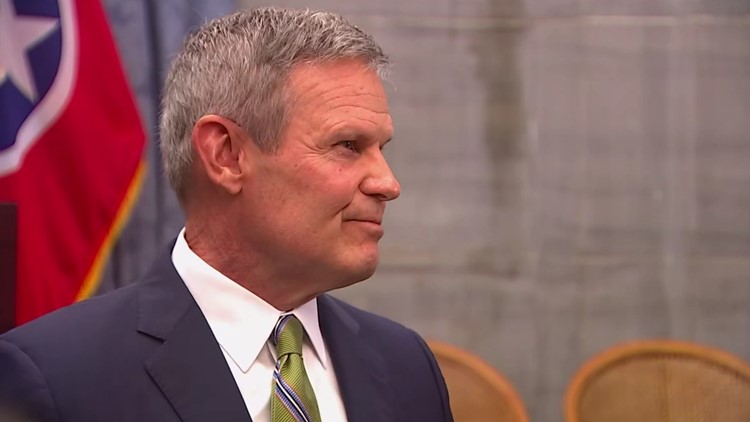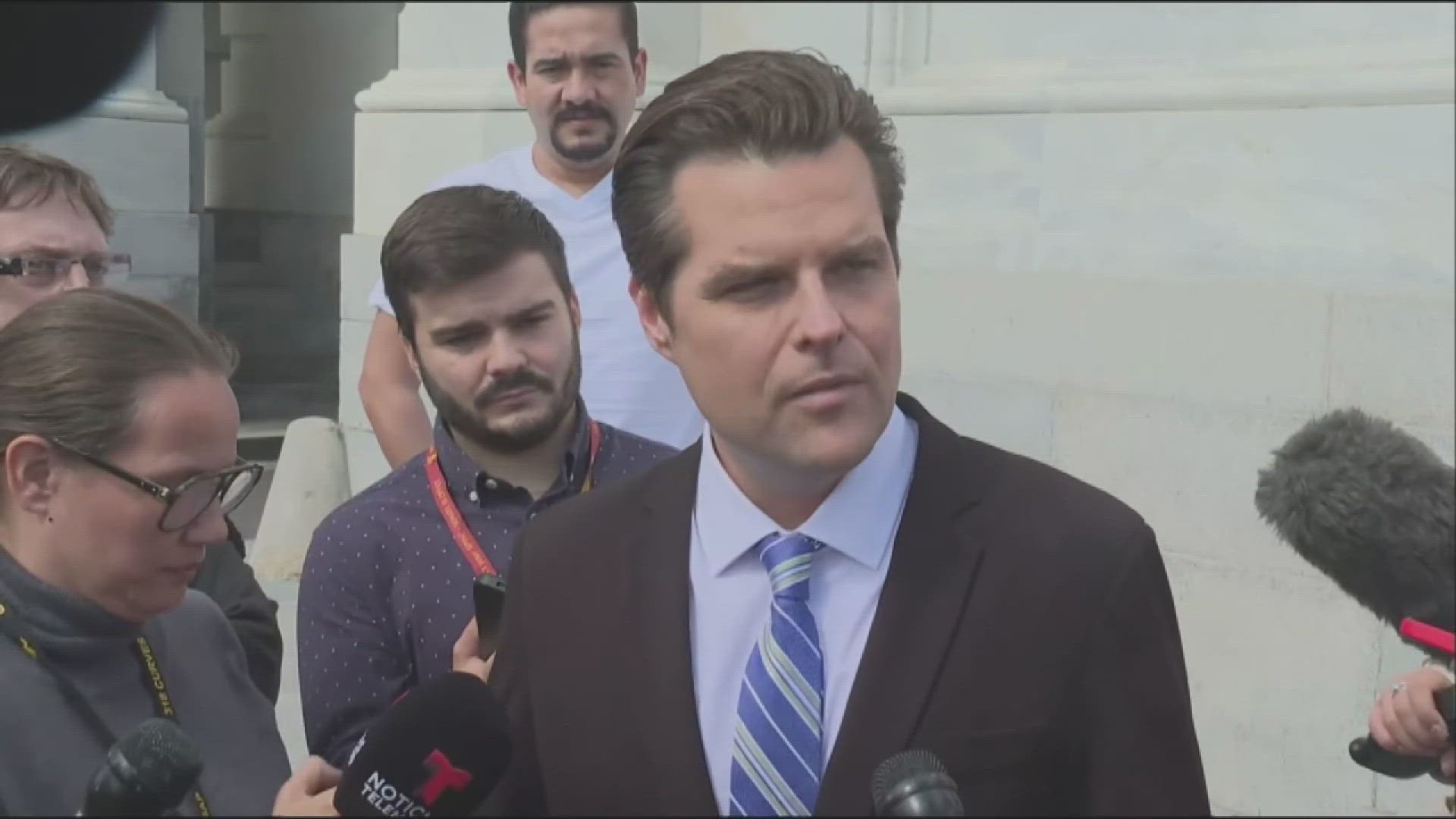NASHVILLE, Tenn. — Tennessee Gov. Bill Lee has signed off on a new campaign finance and ethics face-lift, bucking objections from some of the state's most influential advocacy groups who opposed the measure.
“I think that transparency is a good idea," Lee told reporters earlier this month. "I think that whenever we have transparency into organizations that politically lobby, that’s a good thing.”
The Republican governor signed the measure Friday. The move comes as a federal investigation has hovered over the GOP-controlled General Assembly for over a year that has so far led to one Republican lawmaker pleading guilty to a federal wire fraud charge over allegations she helped carry out a political consulting kickback scheme.
However, even as the statehouse's top legislative leaders called for campaign ethics reform amid the ongoing investigation scandals, so-called dark money groups have remained fiercely opposed to the new changes. Many argued that the law will result in them disclosing donors. Opponents include Americans for Prosperity, Tennessee Right to Life and the National Rifle Association.
Supporters counter that the new law will shine a light on expenditures, not donors. Specifically, certain politically active nonprofits must disclose spending totaling at least $5,000 within 60 days of an election on communications that contain a state candidate’s name or likeness.
The measure also states that political committee leadership must provide identification.
“To the life of me, I still can’t figure out why all these groups think that they’d have to disclose donors,” House Speaker Cameron Sexton told The Associated Press earlier this month.
Sexton said lawmakers tweaked the bill multiple times to appease concerns from politically active groups, but they kept coming back with more suggested changes. Some suggestions would have been a “poison pill on the whole bill," Sexton said.
“We kept making the changes, and the thing is, what you really find out is some of these groups just didn’t want anything,” he said.
Senate Speaker Randy McNally previously said the bill was aimed at weeding out “bad actors," like shell companies and “shadowy PACs used by certain legislators to line their own pockets."
Independent groups have become increasingly more influential ever since the U.S. Supreme Court’s 2010 Citizens United ruling, which removed caps on how much corporations, unions and interest groups can spend on advocacy communications that do not specifically call for the election or defeat of candidates.
While the ruling encouraged transparency, the federal government doesn’t require such disclosure and most states don’t either.
In March, ex-Rep. Robin Smith resigned from her legislative post and pleaded guilty in federal court under an agreement with prosecutors. The charging document said Smith, former House Speaker Glen Casada and his then-chief of staff, Cade Cothren, used a political consulting firm to illegally funnel money to themselves through both campaign and taxpayer-funded work, while concealing their involvement in it.
The charge came nearly a year after FBI agents raided the homes and offices of several state lawmakers and staffers, including Casada, Smith and Cothren.



